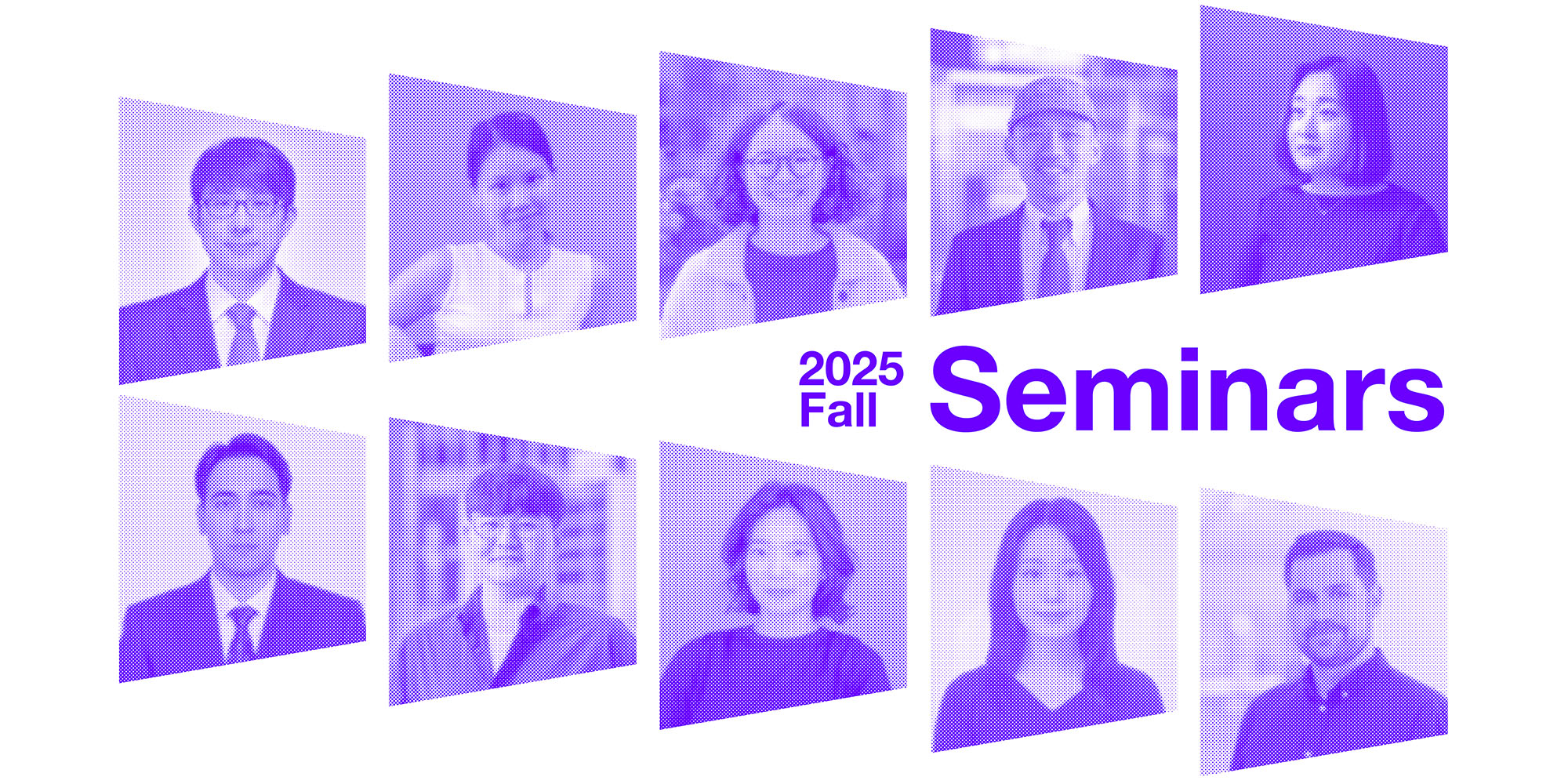
Design Seminars 2025 Fall
Welcome to UNIST Design Seminars 2025 Fall edition where technology meets futures and human needs. Design or non-design major, anyone is welcome!
All seminars are delivered in English except those marked with an asterisk(*).
Ethical Future and Frameworks of Interacting A.I. and Robots*

WonHyong Lee, Associate professor, School of Computer Science and Electrical Engineering, Handong University, KR
SEP 9 (TUE) 13:00 @ E104 1005 (TD Room)
Bio
WonHyong Lee is an Associate Professor at the School of Computer Science and Electrical Engineering at Handong Global University, South Korea. His research focuses on Human-Robot Interaction (HRI), social robotics, artificial intelligence, teleoperation, and virtual reality. Lee earned his Ph.D. in Electrical Engineering from KAIST in 2017 and later conducted postdoctoral research in Biomedical Engineering at George Washington University’s ART-Med Lab.
Designing the Future: Teaching and Research at Brunel

Busayawan Lam, Reader, Interim Head of Design School at Brunel University, UK
SEP 16 (TUE) 17:15 KST @ Zoom
https://unist-ac-kr.zoom.us/j/86279767021
Password: !ranimes
Abstract
This talk will explore how Brunel Design School shapes the next generation of creative leaders. It will introduce our unique approach, which combines cutting-edge research, hands-on teaching, and industry engagement to empower students to tackle real-world challenges from economic, social, environmental, and technical perspectives. Additionally, it will discuss how we embrace emerging areas such as AI, ethics, and immersive experiences. The presentation will showcase innovative final-year projects, destinations of our alumni, and outcomes from various research groups investigating exciting subjects, such as inclusive design, additive manufacturing and 4D printing, design for sustainability, and digital design and creative computing. The talk will also cover how the learning experience is enriched through international engagement. Our students are encouraged to broaden their horizons with study abroad programmes and collaborative design challenges with international partners, allowing them to gain a global perspective on design. The student exchange program between UNIST and Brunel will also be discussed.
Stories of Change: Communities Shaped by Participation*
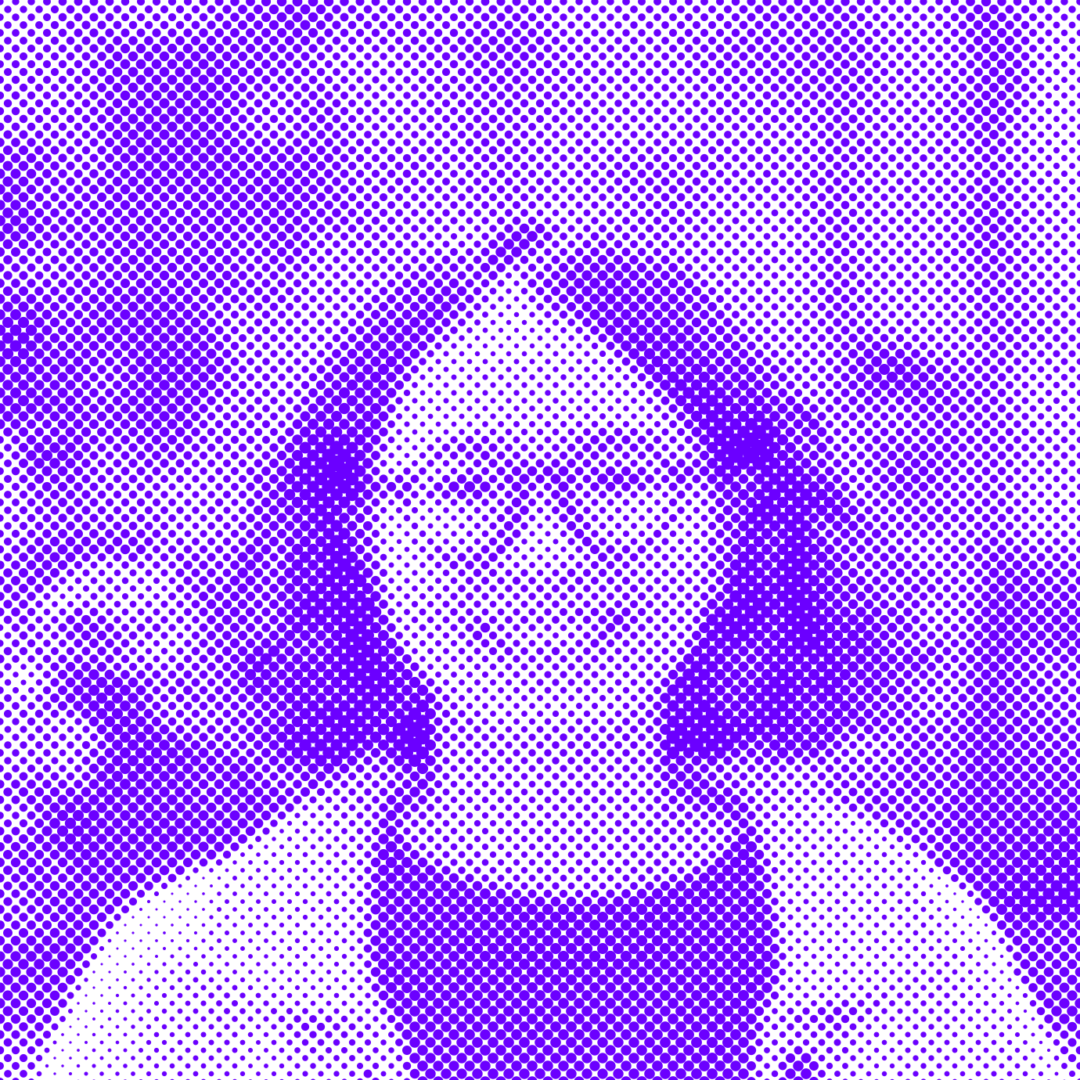
Eunjin Park, Director, Milyang Center for Communication and Collaboration C.Campus, KR
SEP 23 (TUE) 13:00 @ E104 1005 (TD Room)
Bio
Eunjin Park (a.k.a. Billi) is the Director of the Milyang Communication & Cooperation Center, where she champions community cohesion and creative local ecosystems in Milyang, South Gyeongsang Province. In August 2024, she spearheaded a monthly colloquium titled “Imagining New Gravity, Connecting”, in collaboration with the social cooperative Parti, exploring how intentional connection can foster vibrant, livable communities. Under her leadership, the center runs initiatives like “Regional Living Lab @055” supporting community-led experiments to deepen local ties and cultivate social innovation throughout the region. Park’s vision and work reflect her commitment to nurturing place-based creativity and empowering citizen-driven change.
Is Reusable Cup Service Automatically Eco?: The case of UlsanCup

Seungho Park-Lee, Associate professor, New Design Studio, Design Department, UNIST, KR
SEP 30 (TUE) 13:00 @ E104 1005 (TD Room)
Abstract & bio
Disposable cups have become an everyday convenience, but their environmental cost is big. In Korea alone, over 5.3 billion cups are thrown away each year, most of which are neither recycled nor properly managed. New Design Studio (NDS) explored the potential of reusable cup circulation services with UlsanCup in 2023 and 2024 over 14 month at UNIST campus. At the same time, NDS also developed an online Life Cycle Assessment (LCA) tool to measure the actual environmental impact of the service, from cup production to collection, washing, redistribution, and eventual disposal. Our findings show that reusable cup systems are not automatically better than single-use cups. They only become effective when certain conditions are met: cups must be returned at a high rate, transport distances between collection points and washing facilities must be short, washing must be efficient, and many people need to use the system within a concentrated area.
Bio
Seungho Park-Lee is a designer and researcher based in Ulsan, Korea, exploring the role of design in service and policy. He is Associate Professor in the Design Department at UNIST, where he also directs the New Design Studio (NDS) – a practice and research lab advancing sustainable futures through collaboration and design research. Beyond UNIST, he contributes to international and national initiatives, including the New European Bauhaus expert team for World Expo 2025 Osaka, the Policy Design Division of the Public Designers’ Council Korea, and previously the Landscape Committee of Ulsan City.
What is the Relationship Between Design and Law?*
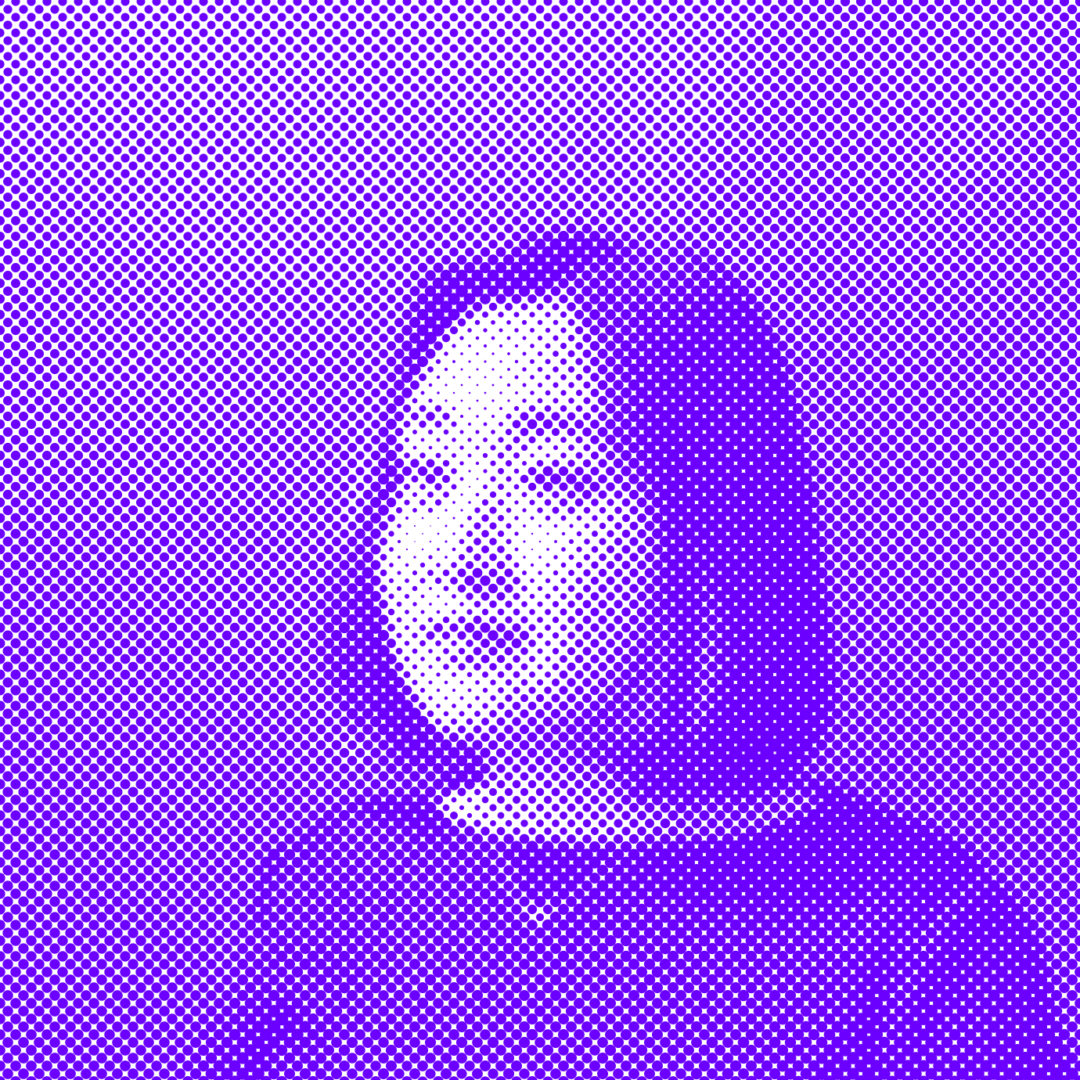
Yukyung Seo, Managing Partner / Attorney-at-Law & Patent Attorney, ARTIS Law Office, KR
OCT 14 (TUE) 13:00 @ E104 1005 (TD Room)
Bio
Yukyung Seo is Managing Partner at ARTIS Law Office and a dual-qualified Attorney-at-Law and Patent Attorney in South Korea. She holds degrees in Design and Information Cultural Studies from Seoul National University, a J.D. from Kyungpook National University Law School, and is currently pursuing a Ph.D. in Intellectual Property Law at Seoul National University. Seo combines legal expertise with a strong design sensibility, serving as legal counsel to organizations such as PaTI and the Korea Visual Arts Copyright Association, and offering pro bono assistance through the Seoul Foundation for Arts and Culture. She also contributes to design dispute mediation at the Korea Institute of Design Promotion and provides legal consulting for cultural institutions and startups. Her academic and professional efforts reflect her passion for legal design – bridging law and creative practice.
Bridging Design and Engineering: Lessons from UNIST, Robotics Startup, and Samsung Electronics

Alisher Saduakas, Mechanical Design Engineer, Samsung Electronics, KR
OCT 28 (TUE) 13:00 @ E104 1005 (TD Room)
Abstract
My career path has been defined by moving across disciplines and environments. After completing my master’s degree in product design at UNIST, where I focused on elderly care robots and rehabilitation devices, I worked at Dogu, a robotics startup developing patrol and service robots, and now I am a mechanical design engineer at Samsung Electronics, designing dual-arm manufacturing robots. These transitions—from academia to a startup and then to a global corporation—taught me how different contexts shape what it means to be an engineer.
In this lecture, I will discuss the contrasts between these environments: how academic research emphasizes exploration, startups demand agility with limited resources, and corporations require precision, structure, and collaboration at scale. Beyond the structural differences, I will share personal insights as someone trained in design but relatively new to engineering.
I will highlight the importance of interdisciplinary thinking in bridging design creativity with engineering rigor, the necessity of learning by doing when formal expertise is limited, and the challenges and opportunities of cultural adaptation as a foreigner in Korea. My goal is to provide students and young professionals with honest reflections on turning uncertainty into growth and transforming diverse backgrounds into unique strengths.
Participatory Innovation Models for Glocal Challenges and Sustainability Transitions
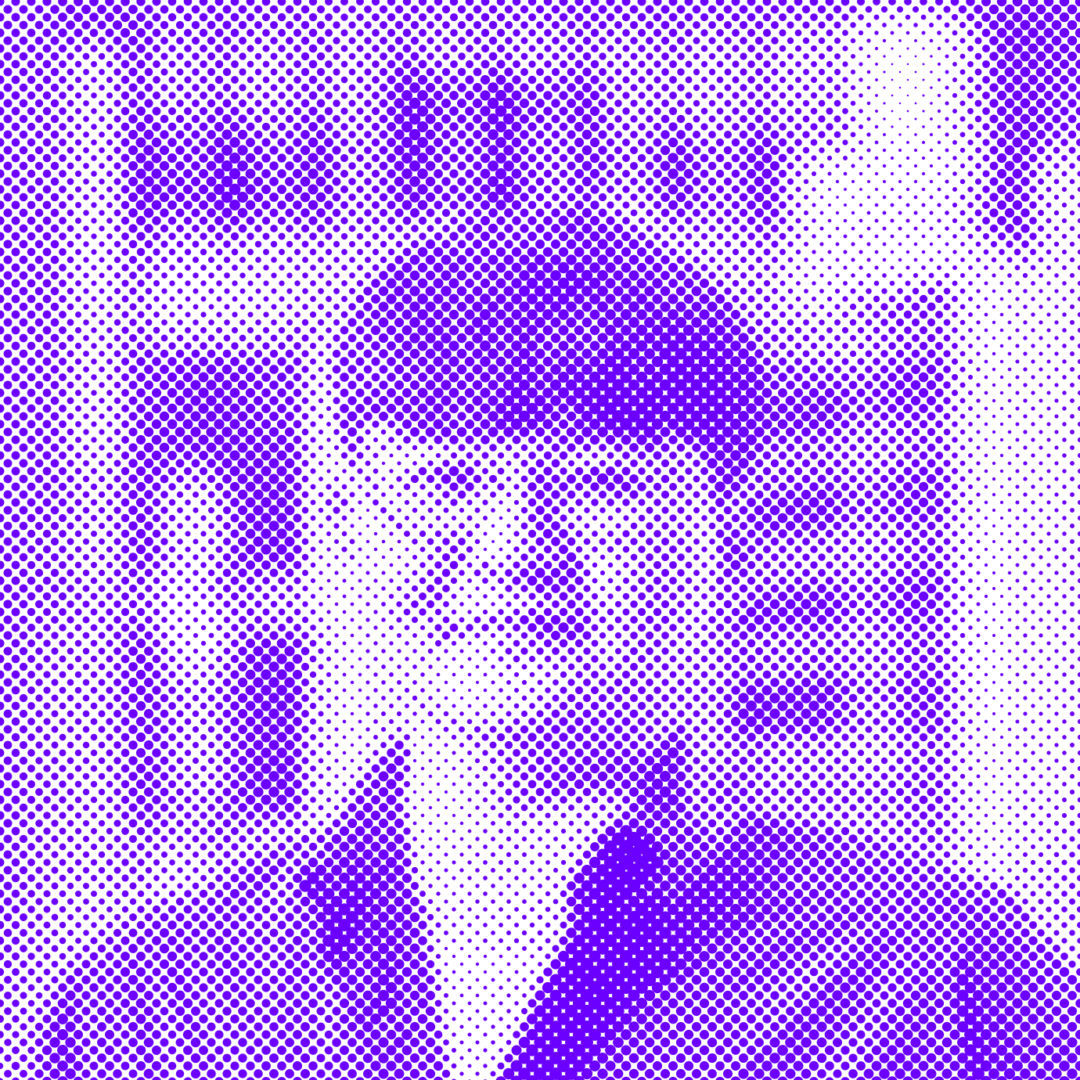
Seongbeom Kim, Doctoral Candidate, Graduate School of Carbon Neutrality, UNIST, KR
NOV 4 (TUE) 13:00 @ E104 1005 (TD Room)
Bio
Seongbeom Kim is a doctoral candidate at the Graduate School of Carbon Neutrality at UNIST. His research interest lies in exploring sustainable futures through stakeholder engagements, such as the potential of participatory innovation models for climate mitigation and adaptation or rapid population change in South Korea.
Data-driven Design Framework: How data and A.I. are used in New Product Service Development Process
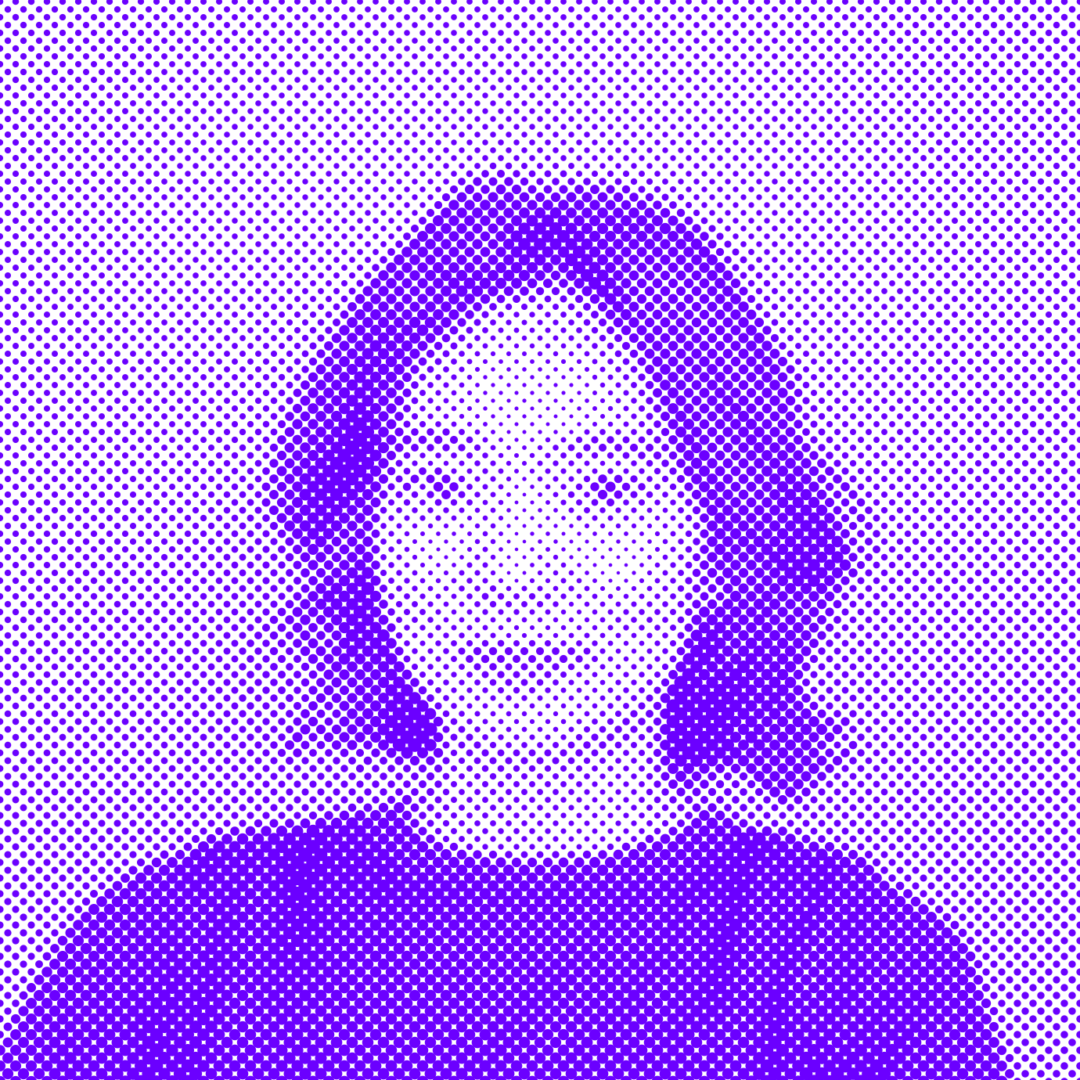
Boyeun Lee, Lecturer in Design and Innovation at University of Exeter Business School, UK
NOV 11 (TUE) 17:15 KST @ Zoom
https://unist-ac-kr.zoom.us/j/86279767021
Password: !ranimes
Abstract & Bio
Big data and AI are increasingly demonstrating their potential to assist and enhance various design processes, including service, product, engineering, and UI/UX design. However, despite the growing interest in using data for product and service development, there remains a lack of comprehensive understanding of how data is employed in the development of new products, services, and product–service systems. To address this gap, we conducted a systematic literature review, conceptualised within a framework and further evaluated through a questionnaire survey. This seminar will introduce how a systematic literature review can be conducted in a rigorous manner and will share the study’s key findings. One major insight is that data and AI support seven distinct design activities across new product service development process: planning, discovering, defining, generating, customising, maintaining, and validating. The resulting evidence-based framework contributes to the growing body of knowledge on data-driven design and provides valuable insights into the role of data in product and service development.
Reference
Lee, B., and Ahmed-Kristensen, S. 2025. D3 framework: An evidence-based data-driven design framework for new product service development. Computers in Industry. 164. https://doi.org/10.1016/j.compind.2024.104206
Bio
Boyeun Lee is a lecturer in Design and Innovation. She joined the University of Exeter in June 2022 as a Post-doctoral Research Fellow for the DigitLab project and is based in their South London offices. Prior to this, Boyeun worked at Lancaster University as a Post-doctoral Research Associate on the Beyond Imagination Project. Trained as a qualitative design researcher, her research explores how design contributes to digital innovation, with a particular focus on utilising big data and AI in product service development. Before her academic career, she spent several years as a service design researcher in South Korea, gaining diverse service design experience across public and commercial sectors and projects.
Uncertainty as a Design Material for Reflective A.I. UX
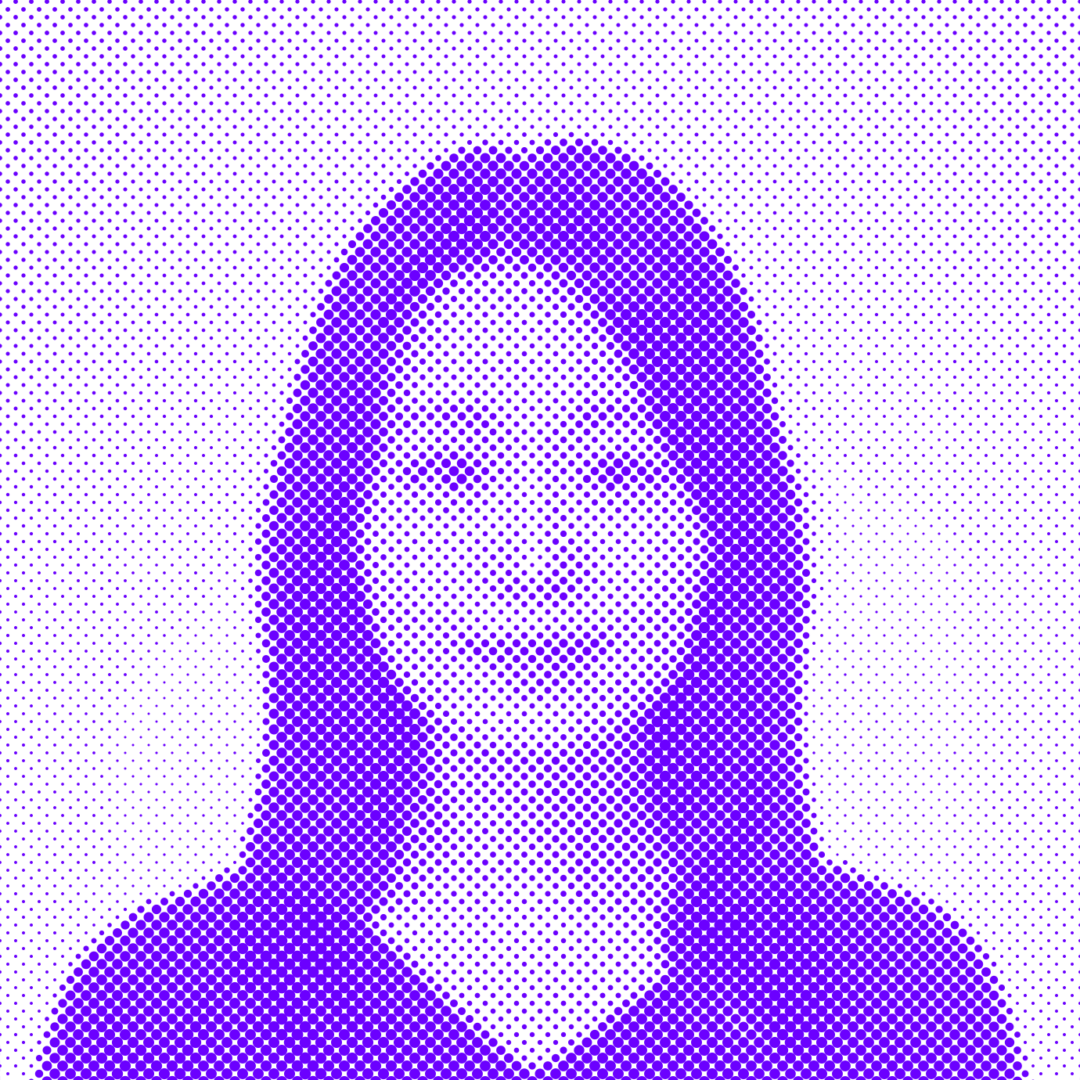
Hankyung Kim, Senior Designer, Samsung Electronics, KR
NOV 18 (TUE) 13:00, E104 1005 (TD Room)
Abstract
Design research has written a long history of championing the values like uncertainty, unfinishedness, and ambiguity for creating meaningful experiences. I expand this notion to the context of AI design, arguing that we can embrace uncertainty as a design opportunity for richer human-AI interaction. In this talk, I will share two research projects that explored two dimensions of uncertainty in AI as design opportunities. The first examines how we can leverage the uncertainty of AI systems themselves, i.e., their open-ended characteristic to evolve through learning, framing interactions with everyday AI as design-in-use and introducing the Teaching-Learning Interaction framework, where users act as reflective “teachers” of their systems. The second examines how we can leverage the uncertainty in generative outputs, showing how AI-generated images of personal data invite imagination, speculation, and new meaning-making. Together, I will highlight how designing with AI’s openness, whether in its evolvable systems or interpretive outputs, can expand user creativity, reflection, and agency.
Bridging the Gaps between People and Institutions: A Case for Applied Ethnographic Research
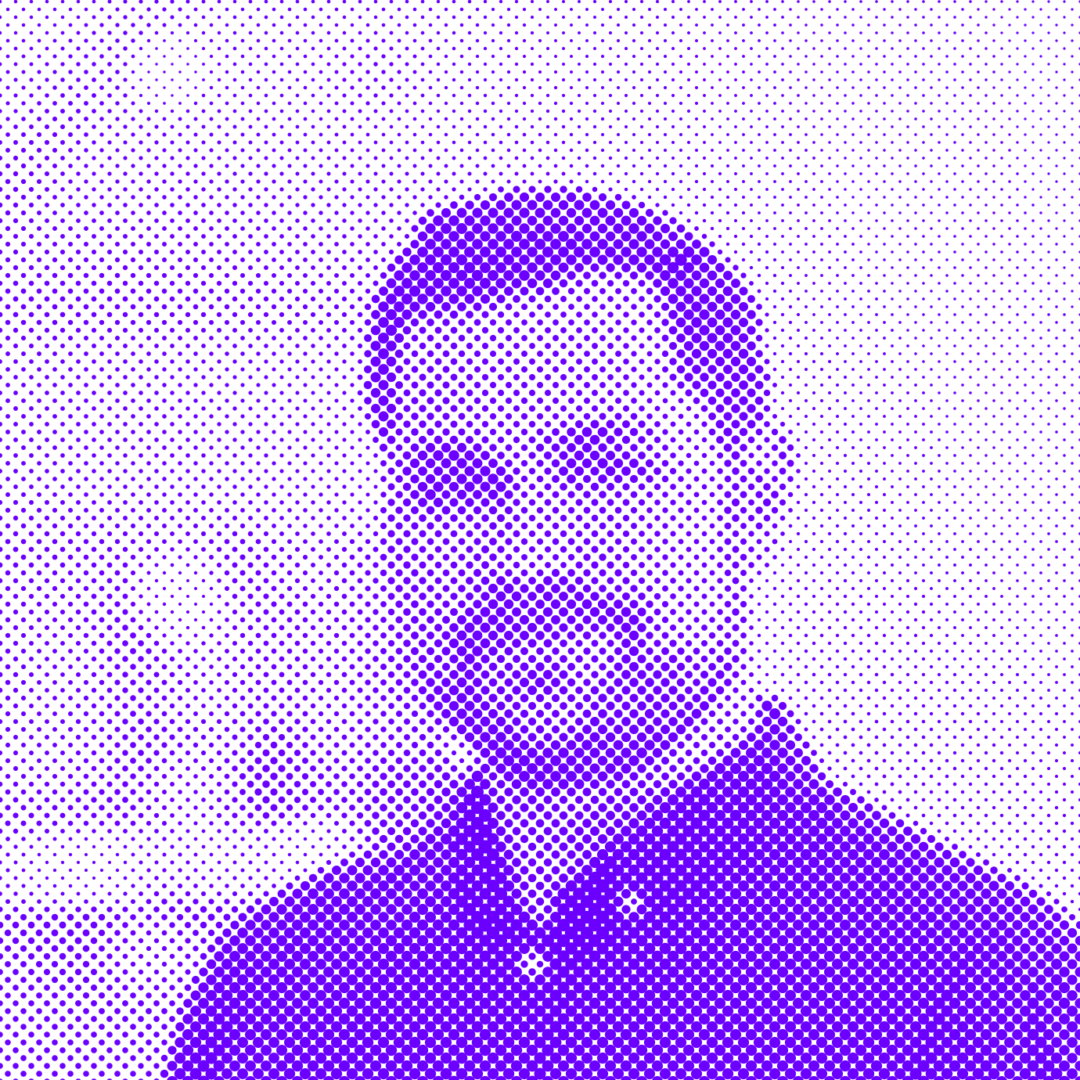
Taneli Heinonen, Head of Customer Experience at OP Financial Group, FI
NOV 25 (TUE) 17:15 KST @ Zoom
https://unist-ac-kr.zoom.us/j/86279767021
Password: !ranimes
Bio
Taneli Heinonen is the Head of Customer Experience at OP Financial Group, one of the largest financial companies in Finland. With a background as a service design consultant driven by a social-scientific lens, Heinonen helped businesses and public organizations understand people as cultural and social beings not just data points. Heinonen’s insights continually bridge rigor and creativity, guiding meaningful solutions for clients worldwide.
Heinonen also runs a consultancy called Insight Delivery, where he applies ethnographic research and cultural analysis to translate human experiences into impactful design and strategy. Heinonen also teaches Master’s-level courses – such as Methods of Service Design and Deep Customer Insights through Ethnographic Research at Laurea University of Applied Sciences – and mentors Aalto University’s Design for Government course students.